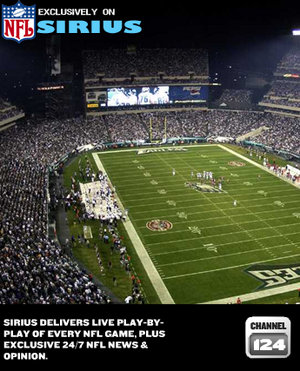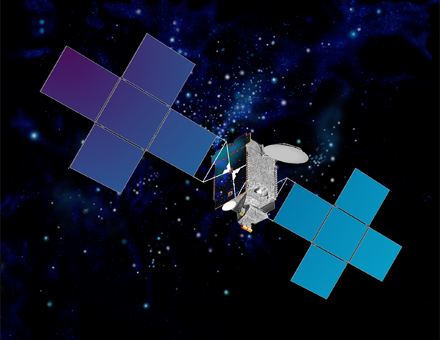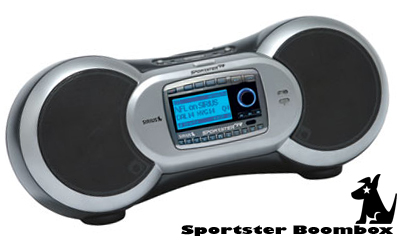Complete Systems
Karaoke (Japanese: カラオケ, from 空 kara, "empty", and オーケストラ ōkesutora, "orchestra") is a form of entertainment in which an amateur singer or singers sing along with recorded music on microphone. more...
The music is typically of a well-known song in which the voice of the original singer is absent or reduced in volume. Lyrics are usually also displayed, sometimes including color changes synchronized with the music, on music video to guide the sing-along.
Karaoke has been a popular form of entertainment beginning first in Japan, then the rest of East Asia, since at least the 1980s, and has since spread to other parts of the world. Karaoke engenders quite a bit of culture specific to its enthusiasts, and this culture, unsurprisingly, varies from country to country. Much of the information in this entry is currently specific to karaoke's area of origin in the Far East.
Word origin
The Japanese word stems from the words kara (空), meaning "empty" (as in karate, "empty hand") and oke which is short for ōkesutora, meaning "orchestra". The words together make a contraction literally meaning "empty orchestra".
This terminology used to be a slang term in media where a live performance is substituted by a pre-recorded music and thus it is written in katakana. The term karaoke can be interpreted as "virtual orchestra" because one can specify a key to the music and start singing along without the presence of a live band or orchestra. In the United States, the word is often pronounced as /kɛɪrioki/. The Japanese pronunciation is /kaɽaoke/. (These pronunciations are in IPA.)
History
It has been common to provide musical entertainment at a dinner or a party in Japan, as in the rest of the world, for a long time. This traditions appeared in the earliest Japanese mythology. For a long time, singing and dancing remained one of the few adult entertainments in rural areas. Noh was initially played at a tea party and guests were welcomed to join in for a cheer or a shout of praise. Dancing and singing was also a part of a samurai's education. It was expected that every samurai have a dance or a song they could perform. During the Taisho period, Utagoe Kissa, (literally song coffee shop), became popular and customers sung to a live performance of a music band.
The karaoke industry started in Japan in the early 1970s when singer Daisuke Inoue (Inoue Daisuke) was asked by frequent guests in the Utagoe Kissa where he performed to provide a recording of his performance so that they could sing along on a company-sponsored vacation. Realizing the potential for the market, Inoue made a tape recorder that played a song for a 100-yen coin. This was the first karaoke machine. Instead of selling karaoke machines, he leased them out, so that stores did not have to buy new songs on their own. Originally it was considered a fad which was lacking the "live atmosphere" of a real performance. It was also regarded as somewhat expensive since 100 yen in the 1970s was the price of two typical lunches. However, it caught on as a popular entertainment. Karaoke machines were initially placed in restaurants or hotel rooms; soon, new businesses called Karaoke Box with compartmented rooms became popular. (See below "Public Places for Karaoke" and Terms of Karaoke" for a description of karaoke boxes.) In 2004, Daisuke Inoue was awarded the tongue-in-cheek Ig Nobel Peace Prize for inventing karaoke, "thereby providing an entirely new way for people to learn to tolerate each other."
Read more at Wikipedia.org



